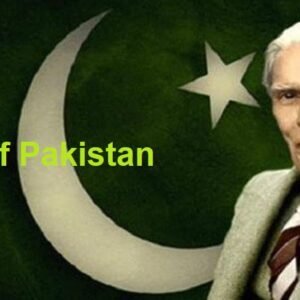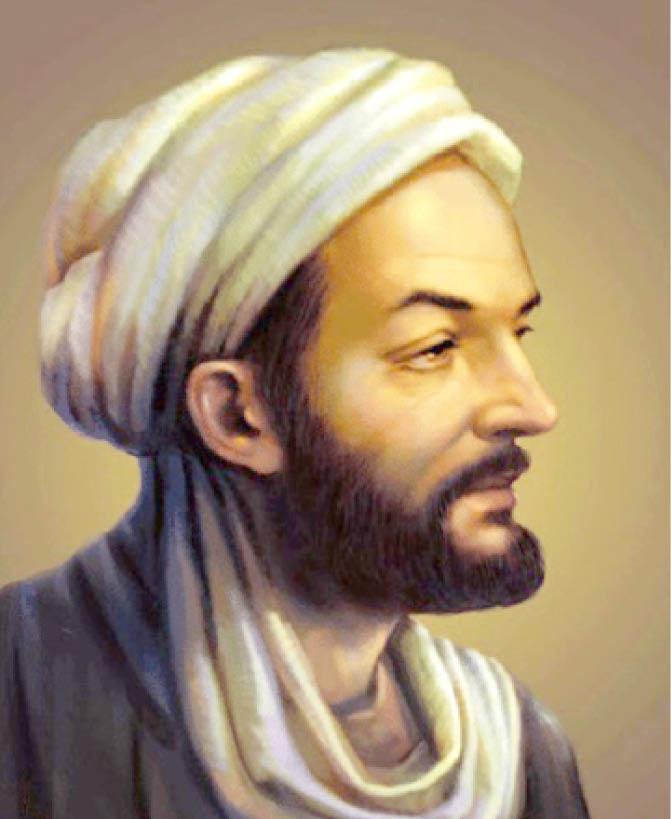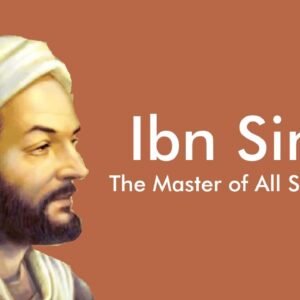
GENESIS OF THE ISLAMIC REBUBLIC OF PAKISTAN
IDEOLOGY:
Ideology is a set of ideas or norms on which the collective ideals of a community, nation or ‘millat’ are based. It also includes the sum total of principles set forth for the achievement of these common ideals. The Muslims follow the Islamic ideology, which simply means the way of life based on the tenets of Islam.
ISLAMIC CONCEPT OF NATIONHOOD:
The Muslims believe that by virtue of their faith, they have an identity, separate and distinct from other nations of the world. This feeling of oneness among themselves combined with the consciousness of being separate from other is called “Two Nation Theory’. Islam is a democratic way of life, and the Muslims strongly believe in the right of self-determination for all human beings. This principle implies that in all parts of the world, where the Muslims from a sizeable majority, they should be given a right to form an independent democratic state of their own, and living under this state they should avail the opportunity to order their individual and collective lives in accordance with their faith and belief.
The Two Nation Theory : Defined and Explained
Islam was introduced in South East Asia shortly after its advent. Muslims in india grew into a sizeable community within a short span of time. The Muslim community of South East Asia guarded its identity very keenly and cautiously.
Definition: The term ‘Pakistan Ideology’ refers to that set of beliefs and objectives which formed the basis of the Muslim freedom struggle in South-East Asia. This struggle was, of course, motivated by the Islamic faith and guided y the objective of establishing a Muslim state in the sub-continent, based on the principle that the Muslims and the non-Muslims in India were separate and distinct nations and the Muslims had a desire to order their individual and collective lives according to the tenets of Islam, living as free citizens of an independent democratic state.
The area, which now forms the Islamic Republic of Pakistan, had a non-Muslim population of about 3 to 5 percent. Non-Muslim living in this area knew that their rights will be better protected as citizens of a Muslim state, because in a Muslim state Non-Muslim citizens’ civil and political rights are equal to the rights of the Muslim citizens. Due to this reason, the Christians, the Hindus and the other religious communities played an active role in the Pakistan movement. Sacrifices rendered by the non-Muslims during the days of the Pakistan Movement and the patriotic spirit with which they served Pakistan after its creation, stand as a bright example in our history and the history of nations.
COMPONENTS OF THE PAKISTAN IDEOLOGY
ISLAM:
The religious belief of the Muslims liing in the North-Western and North-Eastern regions of the Indian sub-continent was the first and the foremost motivating force behind their demand for Pakistan. In 1948 the Quaid-Azam said that the demand for Pakistan was not merely a question of acquiring a piece of land; Pakistan was meant to be a laboratory for proving the validity and truth of the Islamic principles. Elaborating the guiding principles that formed the basis an Islamic state the Quaid-e-Azam said:
“Fundamentally in an Islamic state, authority rests with
Almighty Allah. The working of an Islamic government is
Conducted according to the Quranic principles and
Injunctions. In an Islamic state, neither its head, nor any
Parliament or an institutin or an individual can act
Absolutely in any matter. Only the Quranic injunctions
Control our behavior in the society and in politics.”
Democracy:
System of an Islamic state is based on democratic principles, explaining this, the Quaid-e-Azam in a radio message addressed to the people of the United States of America, said:
“the Constitution of Pakistan is yet to be framed by the
Pakistan Constituent Assembly. I do not know what the
Ultimate shape of this constitution is going to be, but I am
Sure that it will be of a democratic type, embodying the
essential principles of Islam. Today, they are as applicable
In actual life as they were 1400 years ago. Islam
And its idealism has taught us democracy.” (Feb. 1948)



